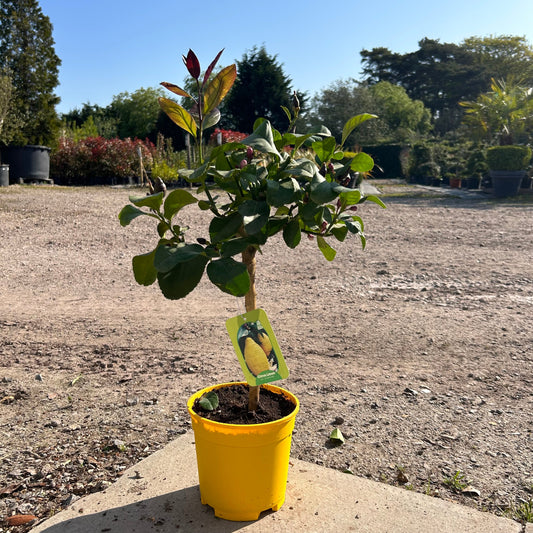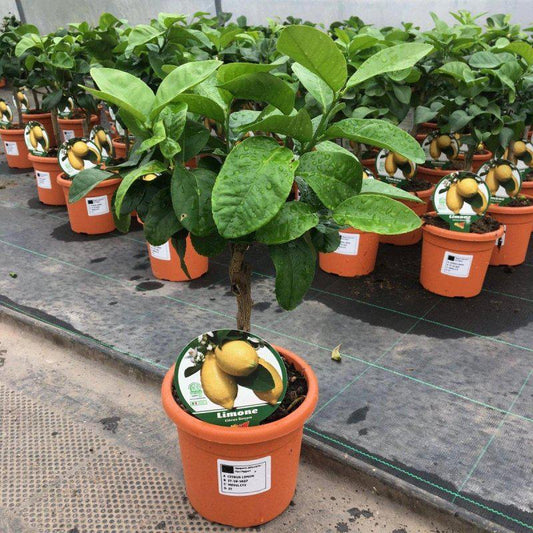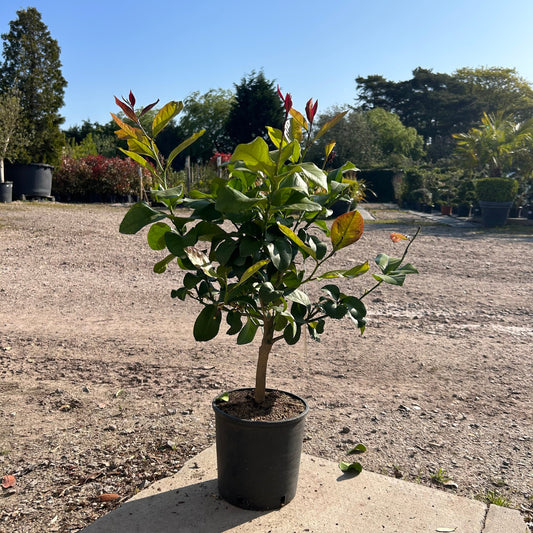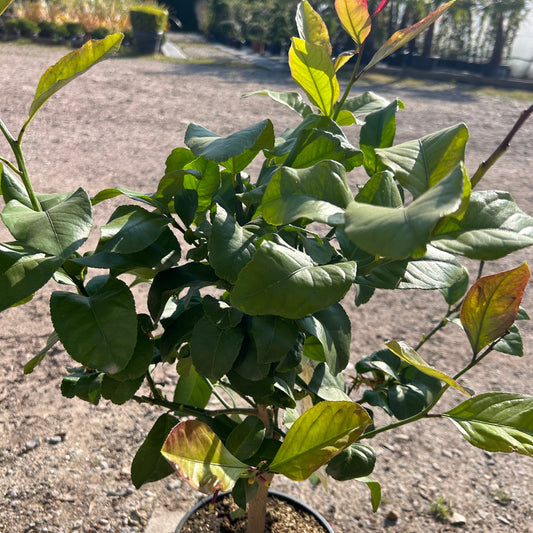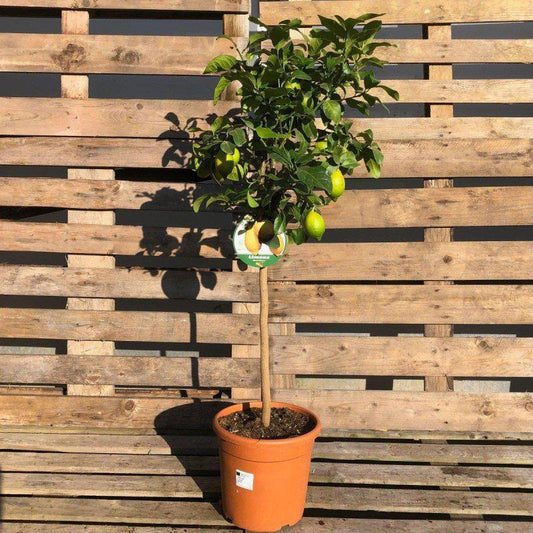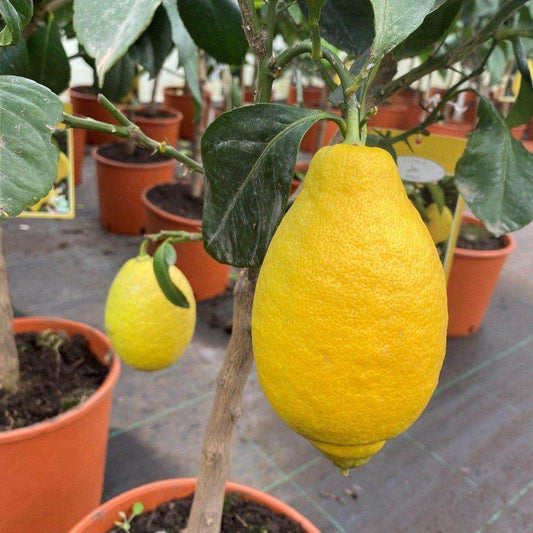🌸 Botanical Name: Lavandula angustifolia 'Munstead'
🌸 Common Name: English Lavender 'Munstead'
🌸 Ideal for: Herb borders, pollinator gardens, containers, edging, cottage gardens
🌸 Hardiness: Fully hardy in the UK
Introduction to Lavender 'Munstead'
Lavender 'Munstead' is a classic compact English lavender variety cherished for its sweet fragrance, silvery foliage, and soft purple flower spikes that bloom from early to mid-summer. It’s a favourite in herb gardens and borders, loved by bees and gardeners alike.
This low-growing lavender is well-suited to containers, gravel paths, and sunny borders, and performs especially well in free-draining, sun-soaked positions.
🌿 Ready to grow this aromatic favourite? Shop Lavender 'Munstead' at Web Garden Centre.
Best Growing Conditions for Lavender 'Munstead'
Light Requirements
☀️ Requires full sun – at least 6 hours daily
☀️ Prefers open, exposed positions to promote air flow and reduce mildew risk
Soil Requirements
🌱 Prefers free-draining, alkaline to neutral soil
🌱 Ideal in poor, sandy or chalky soils
🌱 Avoid wet or heavy soils – improve with grit or sand if necessary
📌 Container tip: Use gritty compost in a terracotta pot and avoid water retention.
Planting Lavender 'Munstead'
1️⃣ Choose a sunny site with good drainage
2️⃣ Add lime or horticultural grit if your soil is acidic or heavy
3️⃣ Plant at the same depth as the pot and space 30–45cm apart
4️⃣ Water in well but allow soil to dry between waterings
📌 Do not mulch too closely – lavender prefers dry crowns.
Watering & Feeding
Watering Tips
💧 Water young plants regularly until established
💧 Once established, water sparingly – only in prolonged dry spells
💧 Do not water overhead – wet foliage promotes rot
Feeding Tips
🌿 Lavender prefers lean soil – feeding is rarely necessary
🌿 If needed, apply a light general-purpose feed in spring
Pruning & Maintenance
✂️ Prune lightly after flowering to maintain shape
✂️ Avoid cutting into woody stems – lavender doesn't regrow from old wood
✂️ Give a slightly harder prune in late summer to encourage bushy growth
📌 Regular pruning prolongs the life and shape of your plant.
Winter Care in the UK
❄️ Fully hardy, but dislikes winter wet
❄️ Improve drainage or raise pots onto feet to prevent waterlogging
❄️ Avoid pruning too late in the year – stop by early autumn
FAQs About Lavender 'Munstead'
1. Is Lavender 'Munstead' hardy in the UK?
Yes – it's one of the hardiest English lavenders and survives most UK winters without issue.
2. Can I grow Lavender 'Munstead' in pots?
Yes – it’s ideal for containers. Just ensure excellent drainage and use terracotta pots.
3. How tall and wide does it grow?
Typically reaches 40–50cm in height and spreads to about the same width.
4. When should I prune it?
Lightly after flowering in mid-late summer, and a slightly harder prune in early autumn (but before October).
5. Does Lavender 'Munstead' attract pollinators?
Yes – bees, butterflies and other beneficial insects love it.
6. Does it need feeding?
Rarely – lavender thrives in low-fertility soils.
7. Can I use it for cooking?
Yes – 'Munstead' is an edible variety often used in baking and herbal teas.
8. How do I prevent it becoming woody?
Regular pruning each year helps keep it compact and prevents the base from becoming leggy.
9. Will it grow in clay soil?
Only if you greatly improve drainage – mix in grit and consider planting in raised beds.
10. Where can I buy Lavender 'Munstead' in the UK?
Right here – Shop Lavender 'Munstead' at Web Garden Centre.


